Approval has been received from Legislative Commission
Costa Rica is poised to become Central America’s first country to create its own space agency which will allow the country to take its place in this growing multi-billion dollar industry.
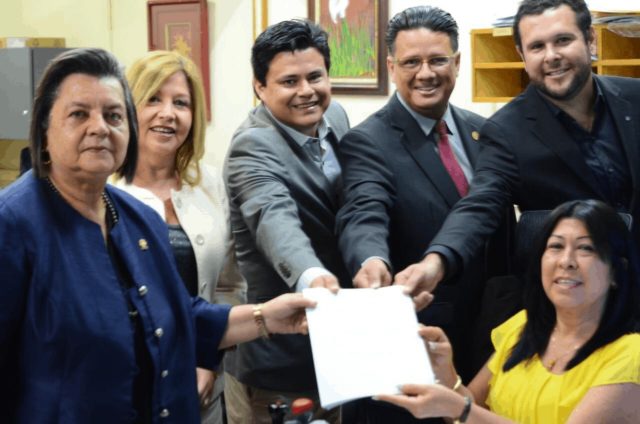
The Costa Rican Legislative Assembly’s Commission on Science, Technology, and Education unanimously ruled in favor of legislation being promoted by PLN member of congress Aida Montiel. The Costa Rican space agency project is also being championed by university professors Adolfo Chaves and Johan Carvajal of the Costa Rica Institute of Technology’s space lab (SETEC), Eldon Caldwell of the University of Costa Rica (UCR) as well as the National University (UNA).
A growing number of Costa Ricans have distinguished themselves at NASA and other space agencies and university space programs including a record-breaking astronaut, several engineers, aerospace technicians, oceanographers, and astronomers. I had the pleasure of getting to know many of these inspiring people in the book I co-wrote, To the Stars: Costa Rica in NASA. https://ebooks.tec.ac.cr/product/hacia-las-estrellas-costa-rica-en-la-nasa-to-stars-in
With the formation of its own space agency Costa Rica will begin creating NASA equivalent jobs here. This is necessary to stem some of the brain drain that is resulting from the lack of space related opportunities within the country. It will also allow Costa Rica to sign an internship agreement that NASA offered several years ago but could not be signed by Costa Rica as it lacked a governmental entity empowered to sign it.
I had the opportunity to ask Aida Montiel and Adolfo Chaves about their exciting new project and what it will mean for Costa Rica. Below are their replies:
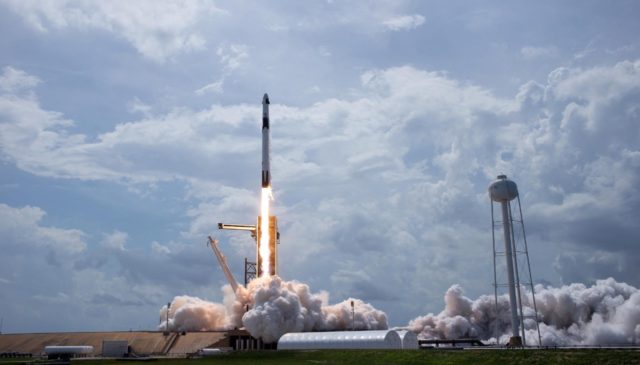
Aida Montiel:
“This initiative will allow Costa Rica to establish an entity specialized in executing policies on space matters, which will promote research, innovation and development in this area. I presented the bill for the creation of a Costa Rican space agency in order to create a legally empowered entity to develop Costa Rica’s space industry and the many opportunities it offers.
The agency will carry out its functions with a significant degree of independence and will be self-sufficient in five years or less. Our aim is to form an agency that will create agreements and strategic alliances with public and private organizations such as NASA and other space agencies around the world.
The Costa Rica Space Agency project involves the creation of a space center for research, innovation and development, which will be located in Liberia, Guanacaste. The extraordinary climatic and geographical conditions that this region has for the observation of outer space are similar to those of Cape Canaveral.
This space center will offer complementary training services for international experts, temporary exhibitions and a museum that will offer additional tourist services for people visiting this region. However, the most important impact is that it will generate a series of productive chains, generating employment in the province of Guanacaste and positioning it as a cluster specialized in aerospace research and development. It will be unique in Costa Rica and Central America.”
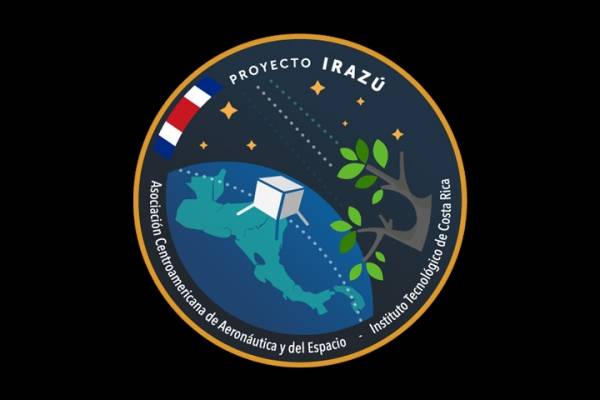
Adolfo Chaves:
“The Costa Rican space agency was conceived both as a matter of necessity and as an opportunity.
It is a necessity, because Costa Rica, like any other country in the world makes use of space systems. Costa Rica currently lacks an entity to advise the government in organizations like the United Nations Office for Outer Space Affairs, in which Costa Rica is a member.
Outer space in this century is as important as aeronautical research, development and policy was in the 20th century. At the same time, there are opportunities such as alliances with other space agencies, promotion of Costa Rica’s competitive advantages with other space agencies and private space companies.
For example, attracting companies like LeoLabs, that will be establishing itself inGuanacaste due to Guanacaste’s favorable conditions for space radars. Also, taking advantage of Costa Rica’s biodiversity for conducting research in space sustainability has been promoted as one of the development areas of the agency. These are only two examples of the many opportunities we can take advantage of with this organization.”
Stay tuned as the legislation for the Costa Rican Space Agency moves forward in Costa Rica’s legislative assembly.
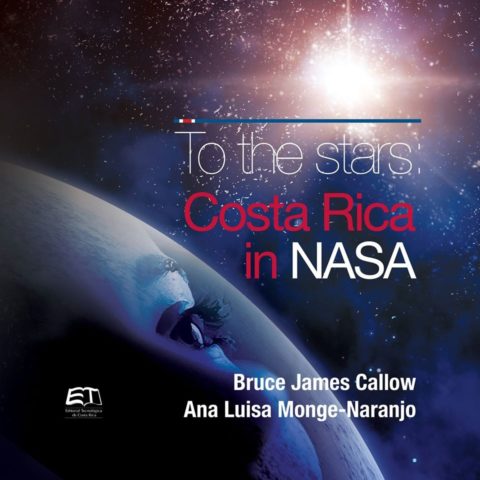
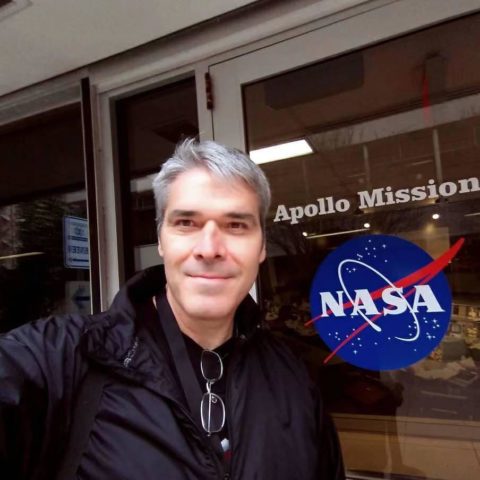
Bruce Callow is a Canadian teacher and co-author of the book To the Stars: Costa Rica in NASA. He does space education outreach work on behalf of NASA.

